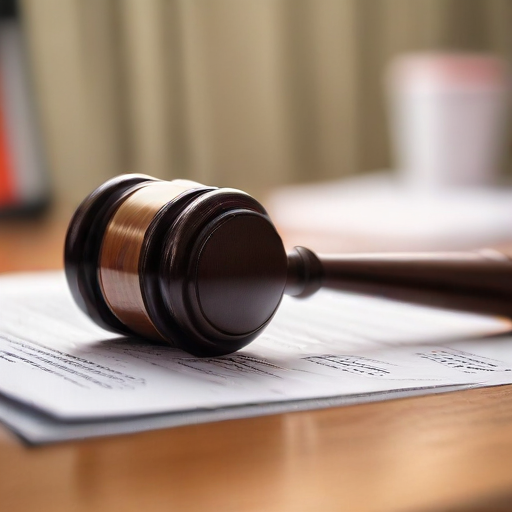A recent ruling by a panel of judges from the D.C. Circuit Court of Appeals affirmed the constitutionality of a law that requires ByteDance, the Chinese parent company of TikTok, to either sell the app or face a ban in the United States. This decision came in response to bipartisan legislation signed by President Joe Biden in April, aimed at addressing national security concerns regarding TikTok’s data collection practices and the potential for that data to be accessed by the Chinese Communist Party.
The law faced opposition from TikTok, ByteDance, and several users who argued that the legislation infringes upon their First Amendment rights, particularly the right to free speech. However, the three-judge panel found that the restriction on TikTok was a necessary measure to protect American citizens from a foreign threat, rather than an infringement imposed by the U.S. government. Senior Judge Douglas H. Ginsburg stated that the government’s actions were intended to safeguard free speech within the United States from external risks.
TikTok now has the option to escalate the matter to either the full D.C. Circuit or the U.S. Supreme Court. As the law is scheduled to take effect on January 19, just before the inauguration of former President Donald Trump, the social media platform’s representatives are preparing to appeal the ruling.
Legal experts challenging the law claim that the national security rationale does not sufficiently justify the limitations on free speech and argue that this precedent could impact future regulations affecting social media platforms. Jacob Huebert, representing one of the plaintiffs, voiced concerns that such regulatory measures pose a broader threat to First Amendment rights for all Americans.
On the other hand, bipartisan lawmakers who introduced the bill expressed support for the ruling, viewing it as a triumph for national security and a significant setback for the influence of the Chinese government. They emphasize the need for TikTok to be divested from ByteDance to mitigate threats to U.S. sovereignty and the safety of citizens.
In summary, this ruling ignites an ongoing discussion about national security, free speech, and the implications of foreign ownership of popular social media platforms. It reflects a growing sentiment among lawmakers and many Americans about the necessity of ensuring the safety and privacy of U.S. citizens in the digital landscape. With prominent figures advocating for a potential American takeover of TikTok, there is a glimmer of hope for a resolution that could protect citizens’ rights while addressing security concerns.
